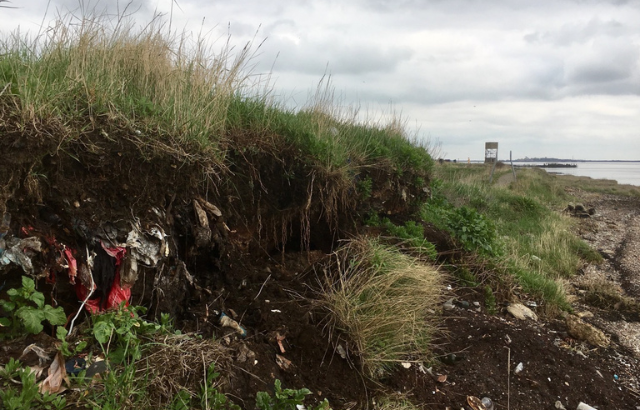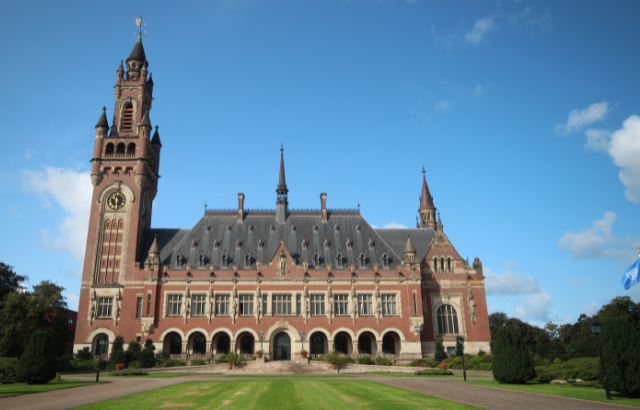On the ground at COP27: Championing Indigenous Peoples
By Dr Teidorlang Lyngdoh, SBM
During the 27th United Nations Conference of the Parties (COP27), I was privileged to be a week one delegate for Queen Mary University of London’s School of Business and Management.

My week in Sharm El-Sheikh was a unique opportunity to discuss the issues of scaling Indigenous and regenerative agriculture practices and food systems around the world with different organisations and forums, such as the Food and Agriculture Organization UN (FAO), International Fund for Agricultural Development UN (IFAD), CGIAR (a global research partnership for a food-secure future) and the Local Communities and Indigenous Peoples Platform (LCIPP). It sounds like an alphabet soup of acronyms, but these organisations are vital collaborators seeking to empower Indigenous Peoples like myself.
According to the UN, there are currently about 476 million Indigenous Peoples in the world across 90 countries.* They live, own and occupy approximately a quarter of the world’s lands and waters, which hold an astounding 85 per cent of the world’s biodiversity. A 2021 report by FAO on Indigenous Peoples’ food systems showed the important role they can play in mitigating climate change and promoting regenerative agricultural practices, which can improve global food systems and mitigate the global food crisis.
"Indigenous Peoples are and have always been dynamic innovators, learning from each other and developing a systemic approach based on observation,” the report found. As part of this global community, I profoundly understand that Indigenous Peoples must be part of the solution to climate change; living closer and in greater harmony with nature and the environment means their knowledge systems bring important value, which can no longer be understated. We need to learn from Indigenous Peoples and co-create a knowledge system to offer alternative regenerative practices that will mitigate the climate change crisis.
For me, belonging to the Khasi Indigenous People’s community of north-east India and having a professional background in management, I feel a personal motivation and moral obligation to amplify and provide more evidence-based research for Indigenous Peoples’ knowledge systems. Speaking to different stakeholders and attending COP27 discussions on the importance of Indigenous Peoples’ knowledge systems has shifted my perspective on the important role that educational institutions such as Queen Mary can play, by integrating traditional knowledge with other scientific and technological expertise that can transform food systems to be more climate-friendly and fairer.
Attending COP27 will enrich my research and I hope to continue working collaboratively with the global indigenous community, UN representatives, private and public sectors as well as NGOs – co-creating the knowledge that will support leaders and policy-makers to advance regenerative food systems I also want to make a difference by providing training, helping to build capacity in indigenous communities, and developing networks to support the next generation of skilled and passionate Indigenous Peoples. Young people will be leading future discussions and initiatives, and we must not betray them; our future is in their hands.
Queen Mary is a unique trailblazer, as one of the few academic institutions championing the inclusion of Indigenous Peoples and their knowledge systems, bridging the gap between technological advances, scientific knowledge, and Indigenous Peoples’ ancestral knowledge.
* https://www.un.org/en/observances/indigenous-day/background
Related items

10 December 2024

10 December 2024
